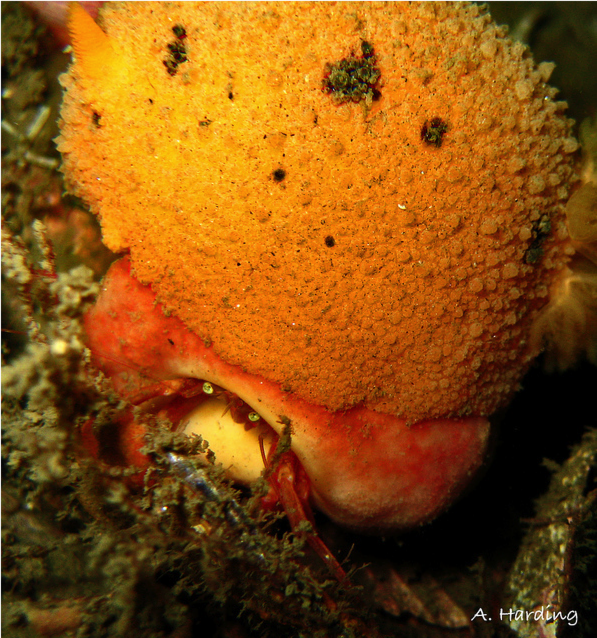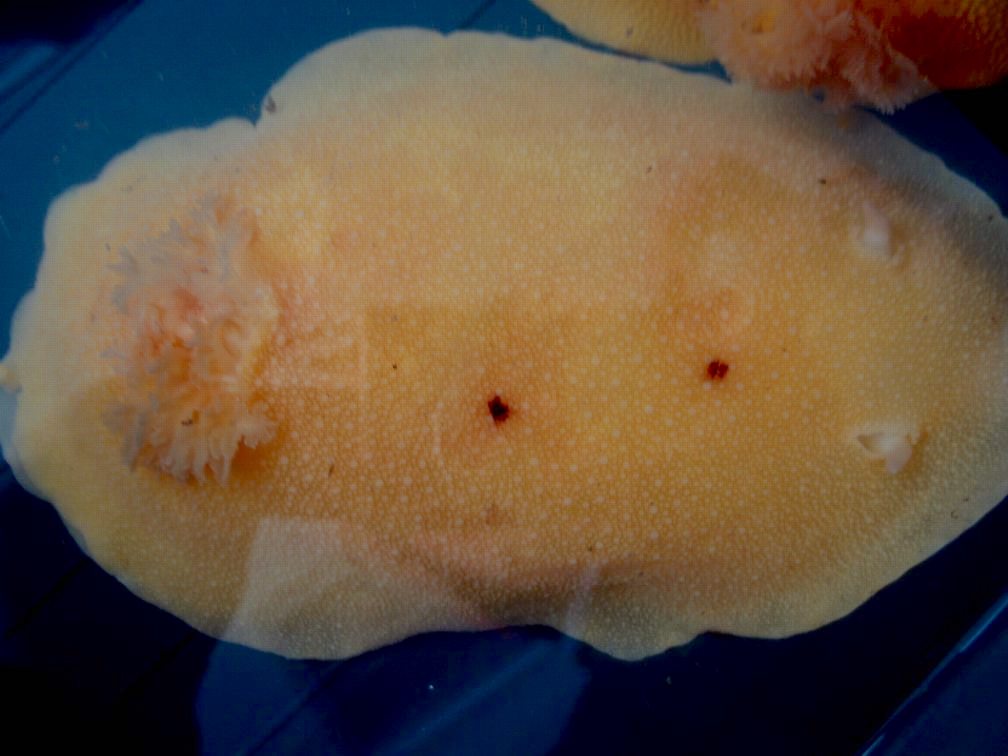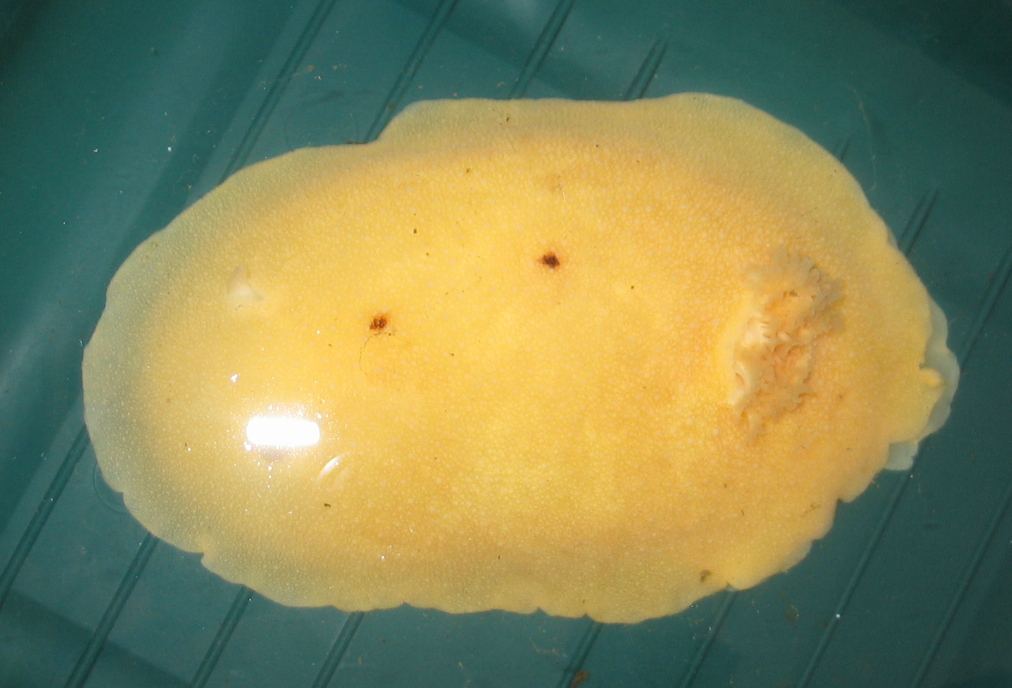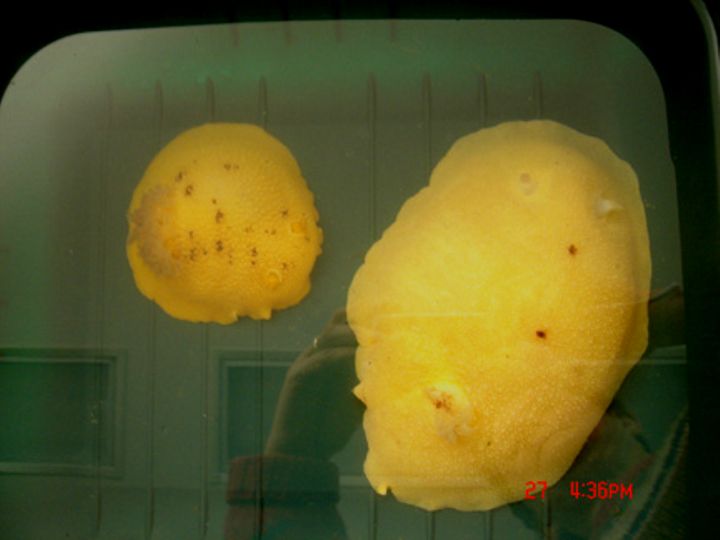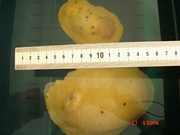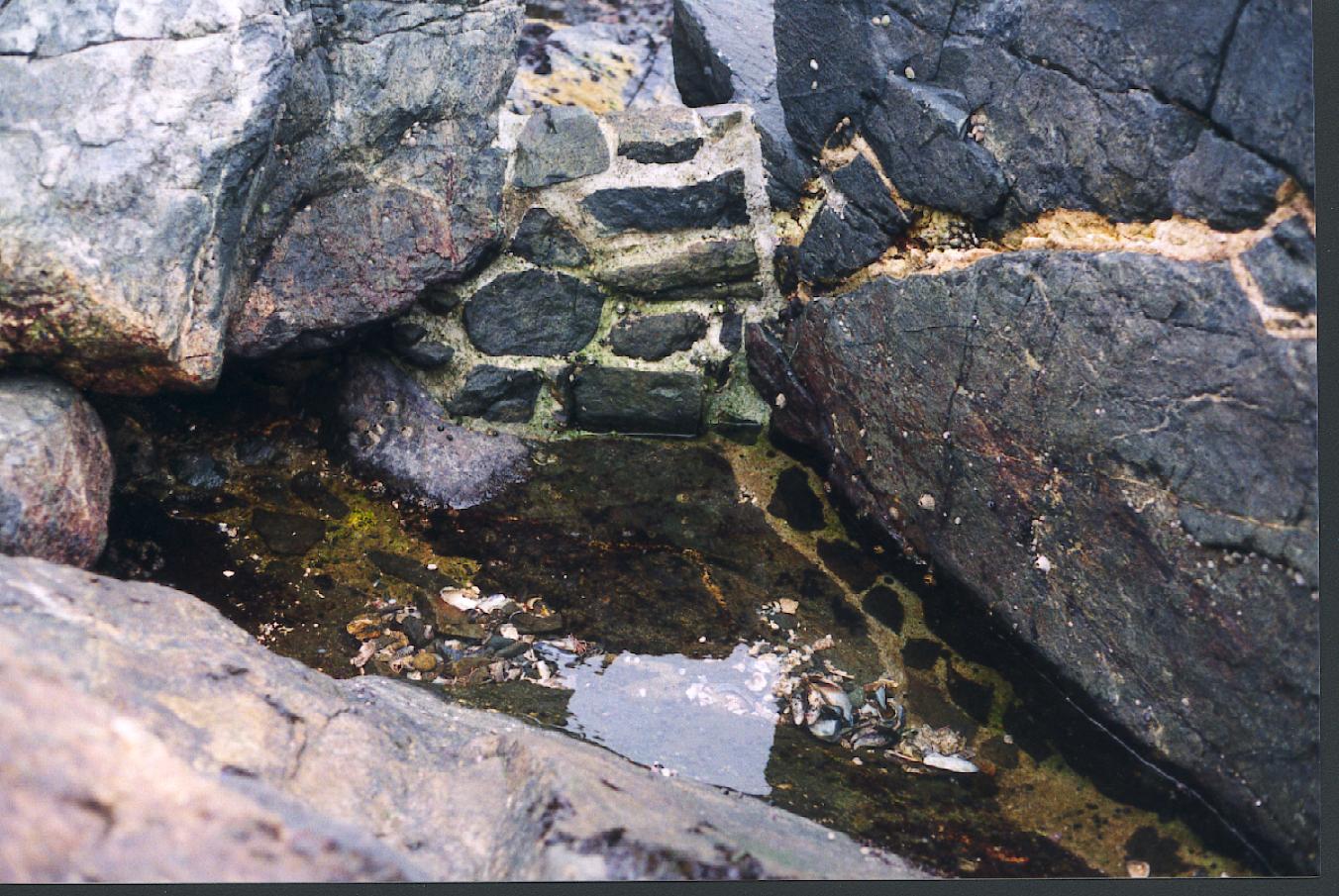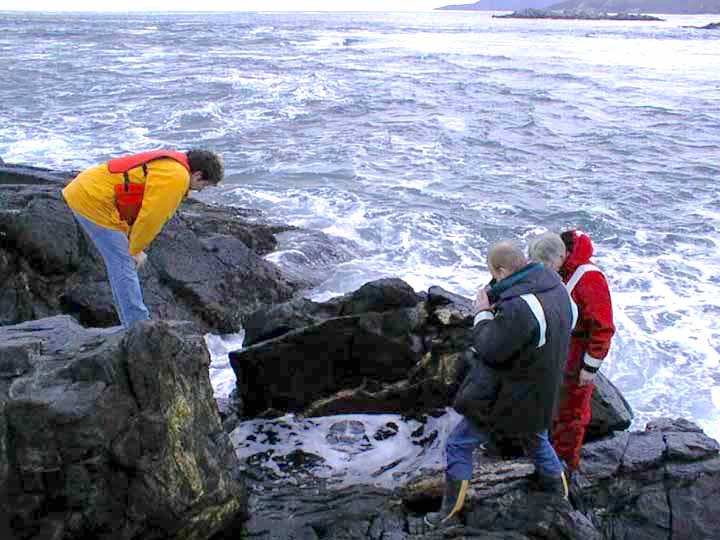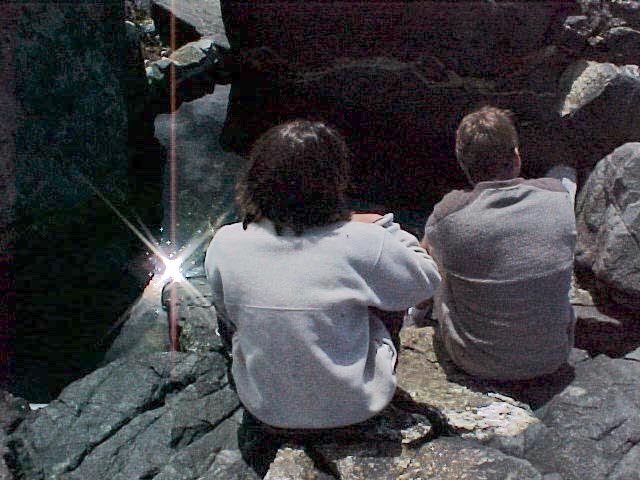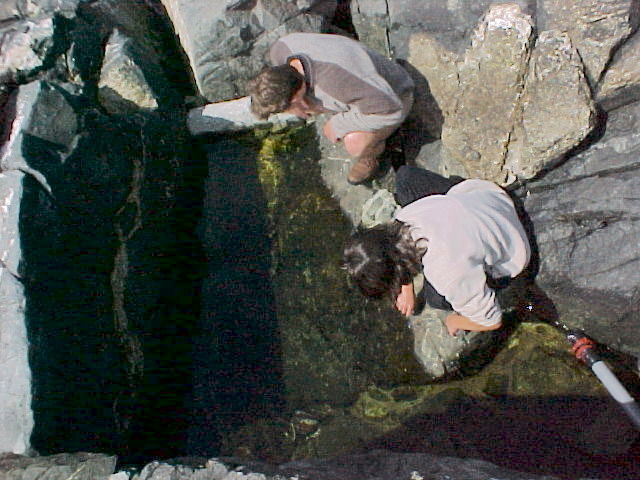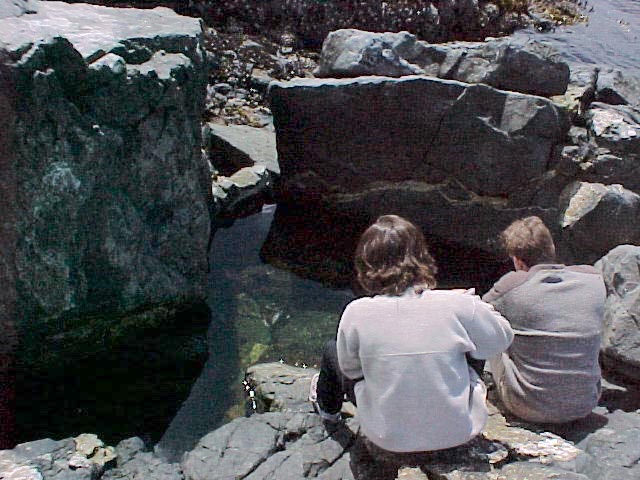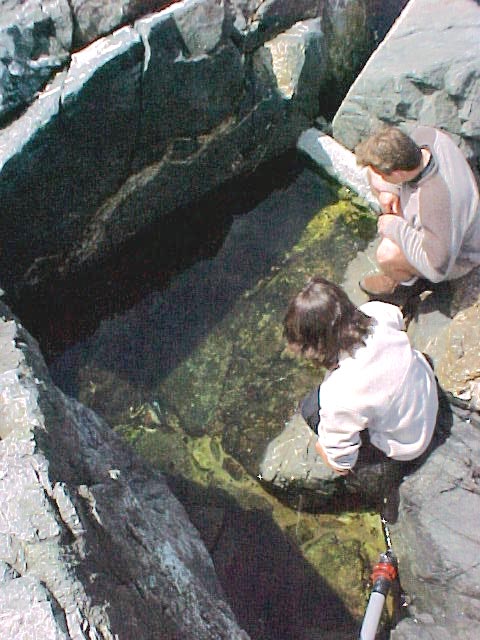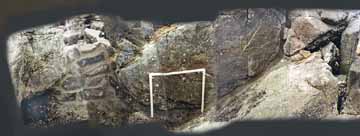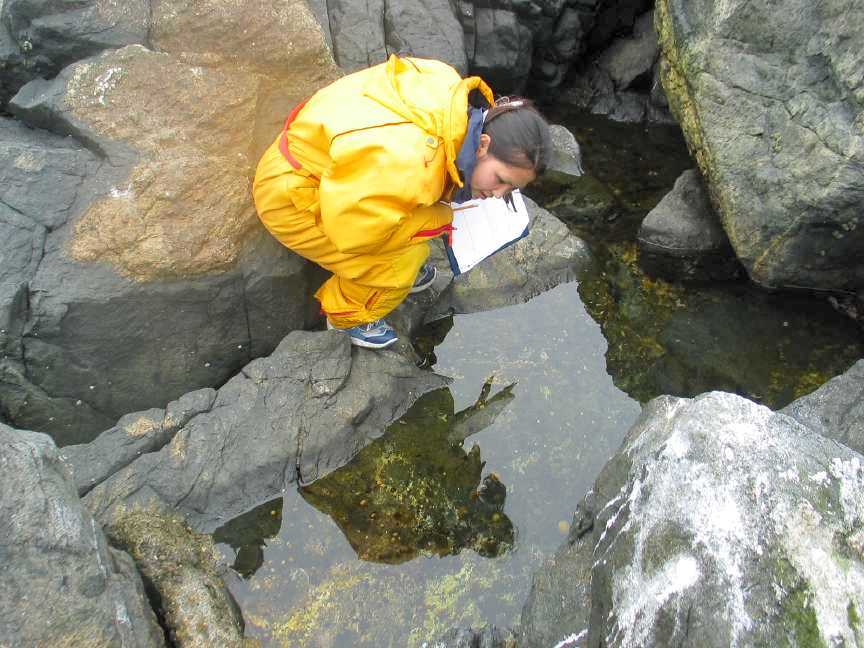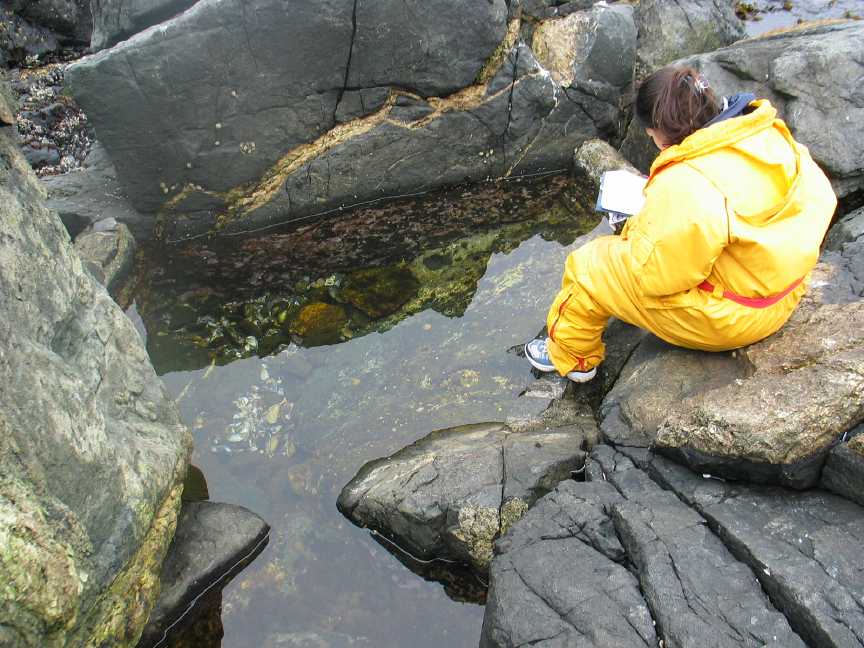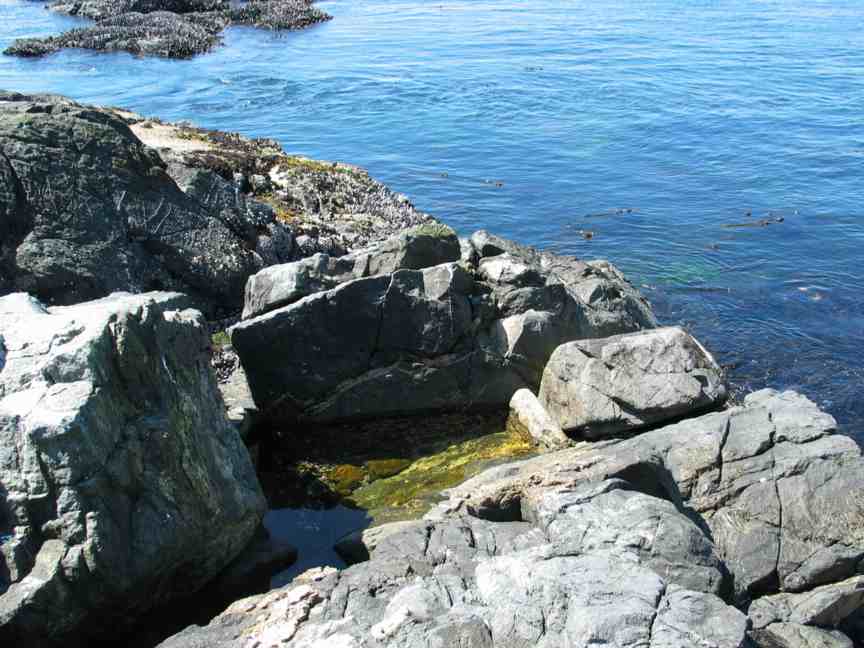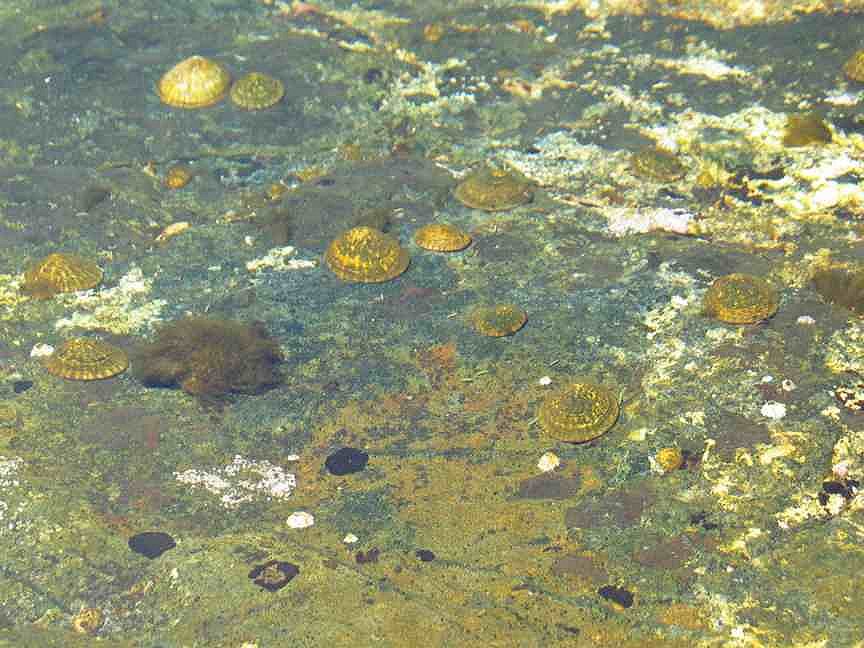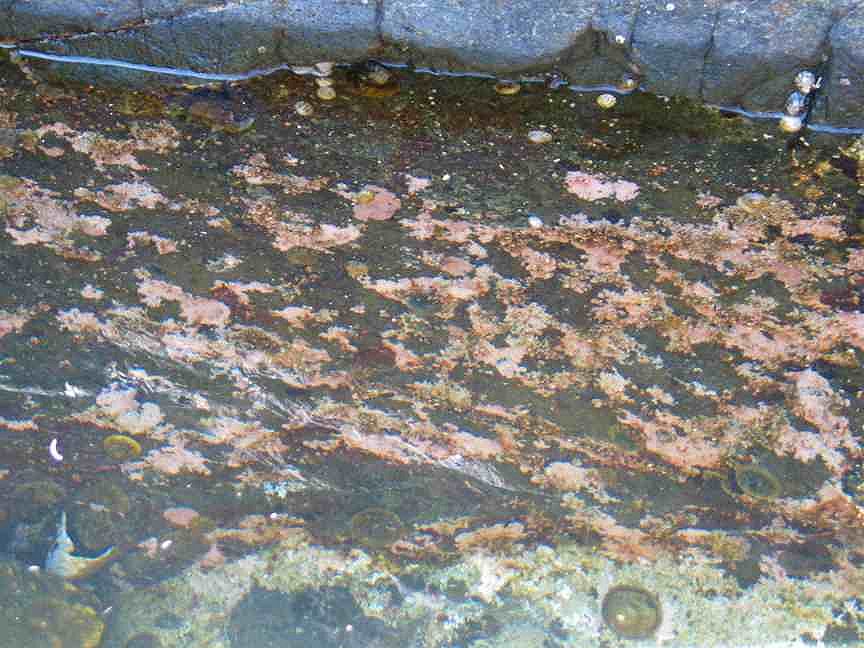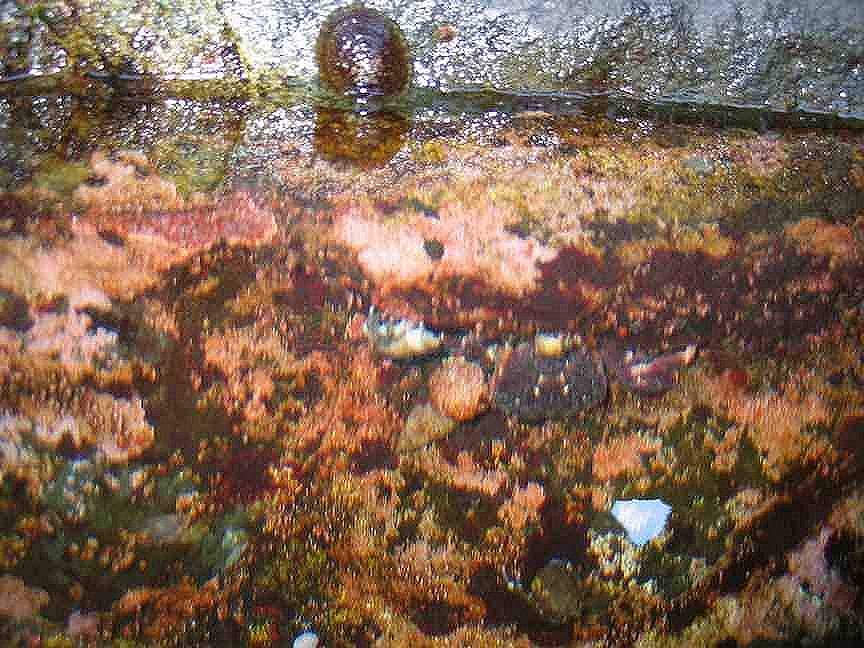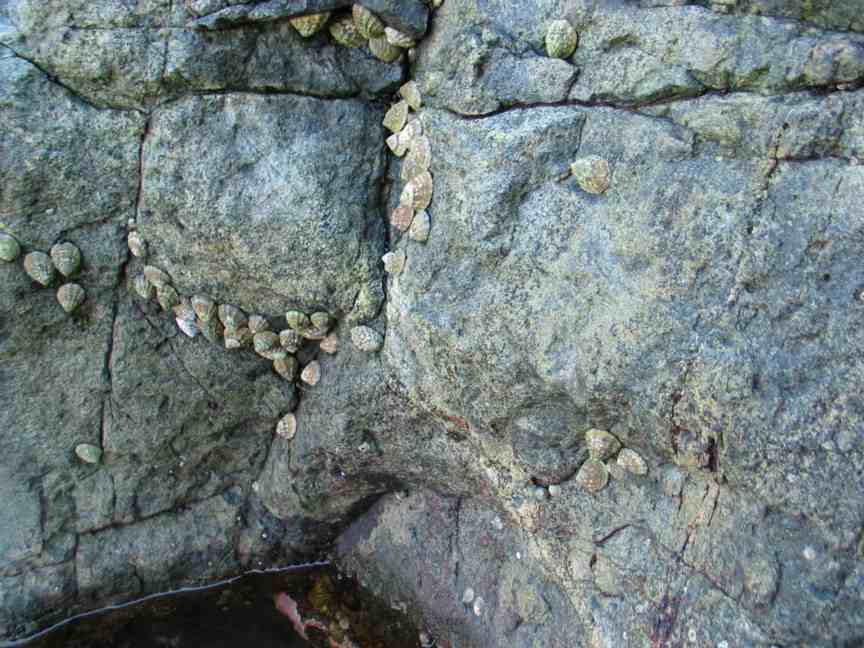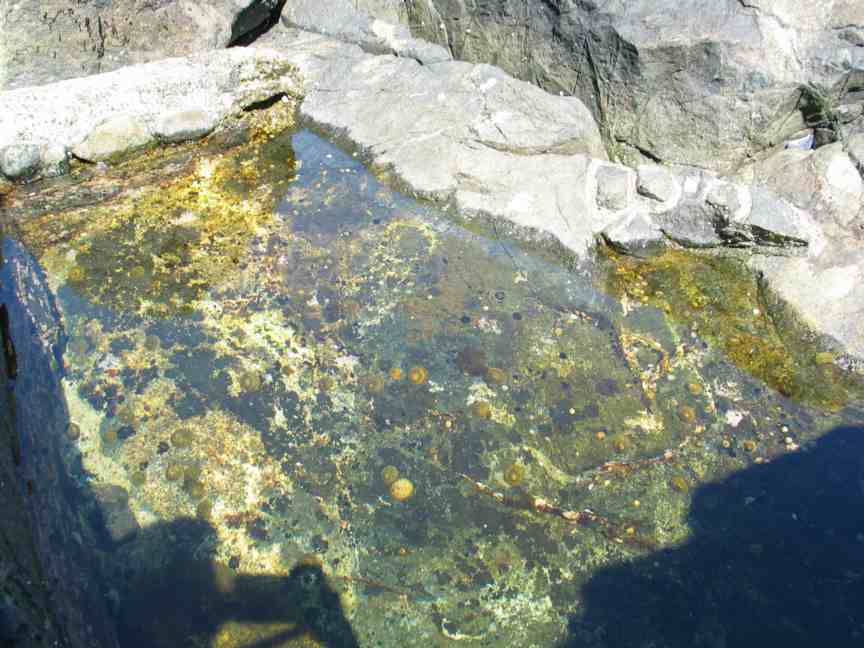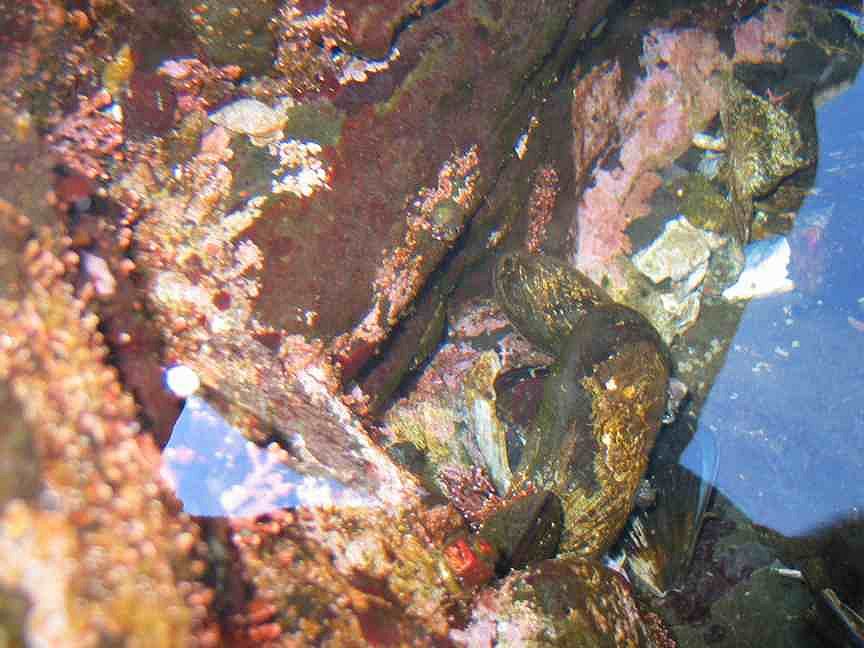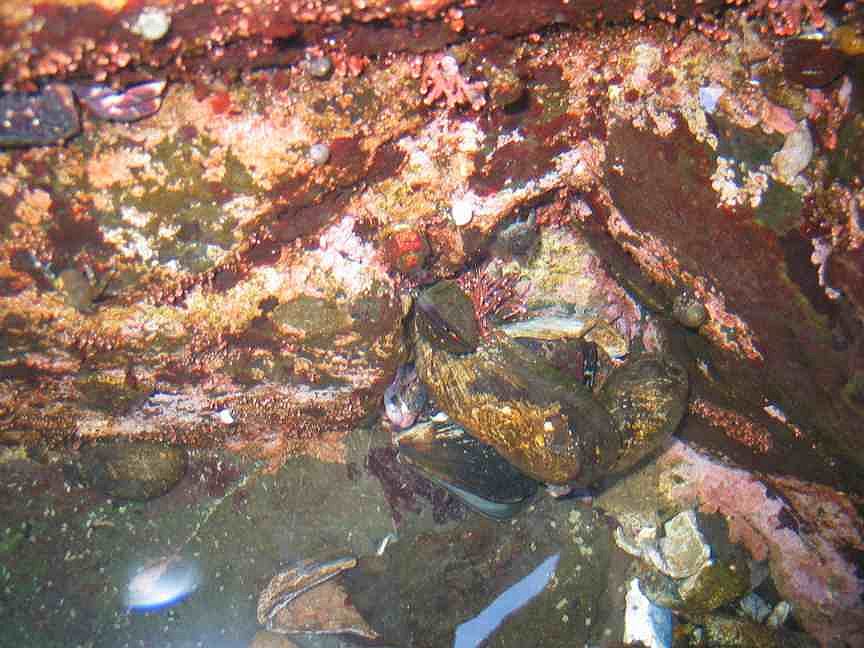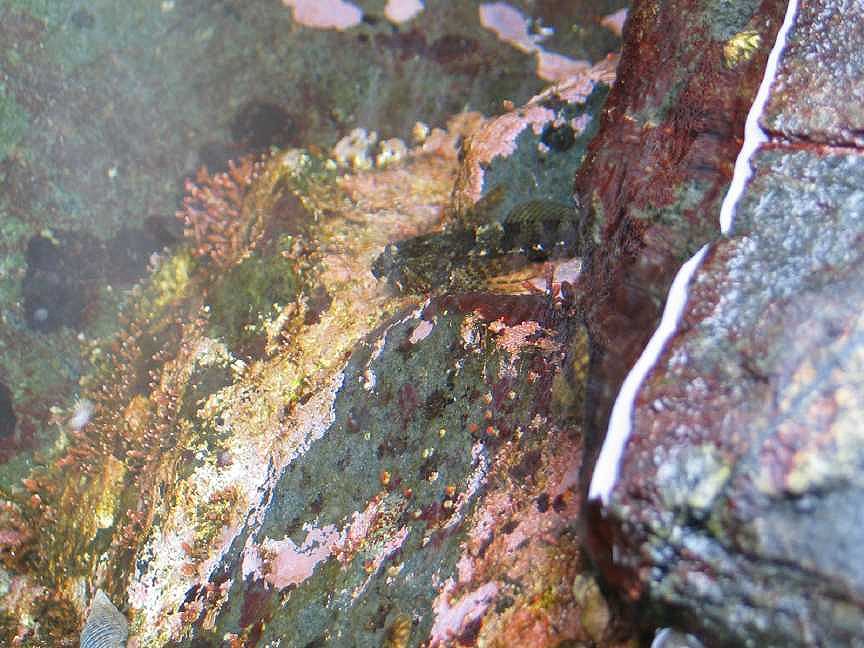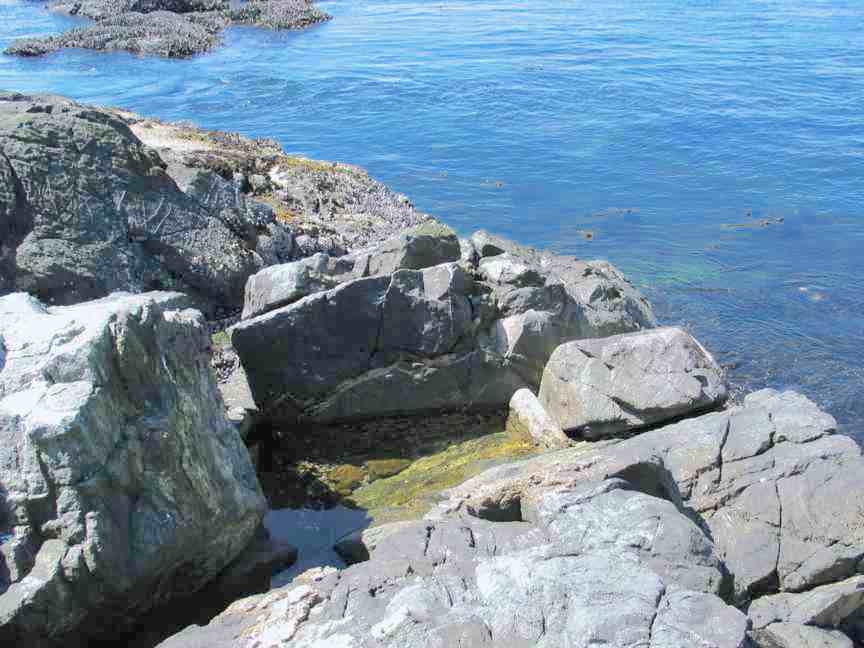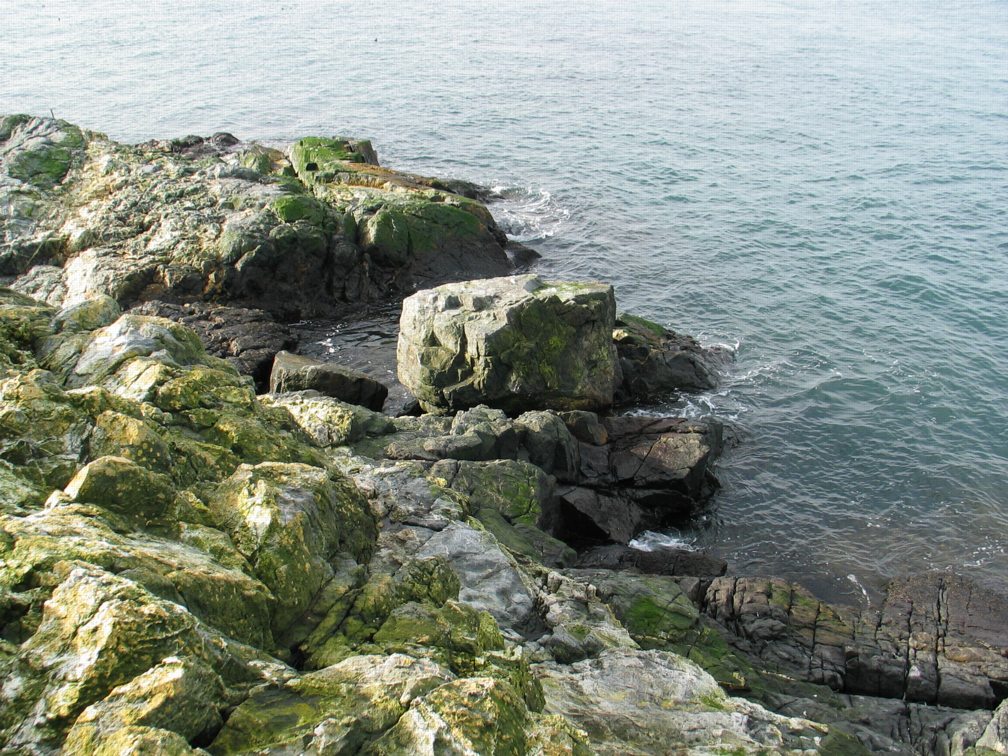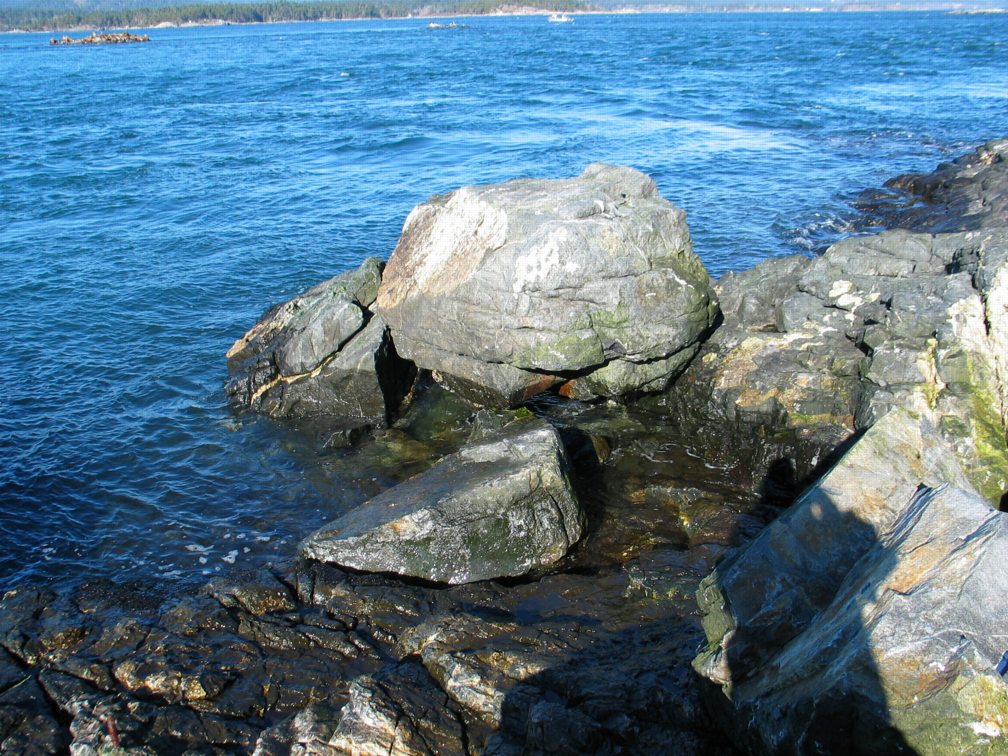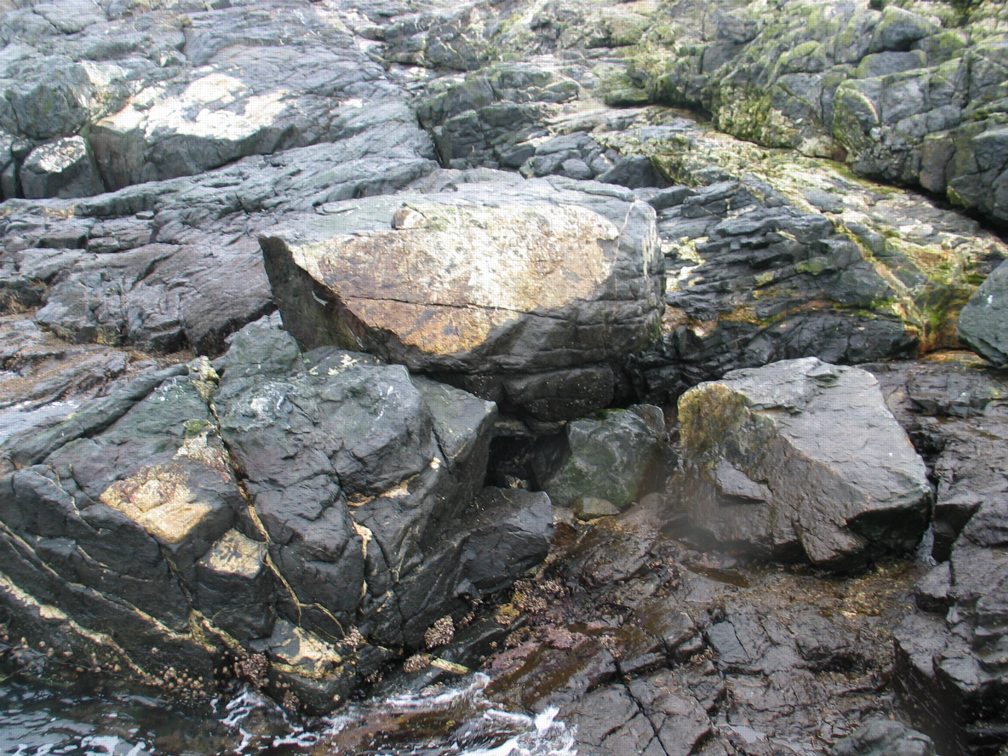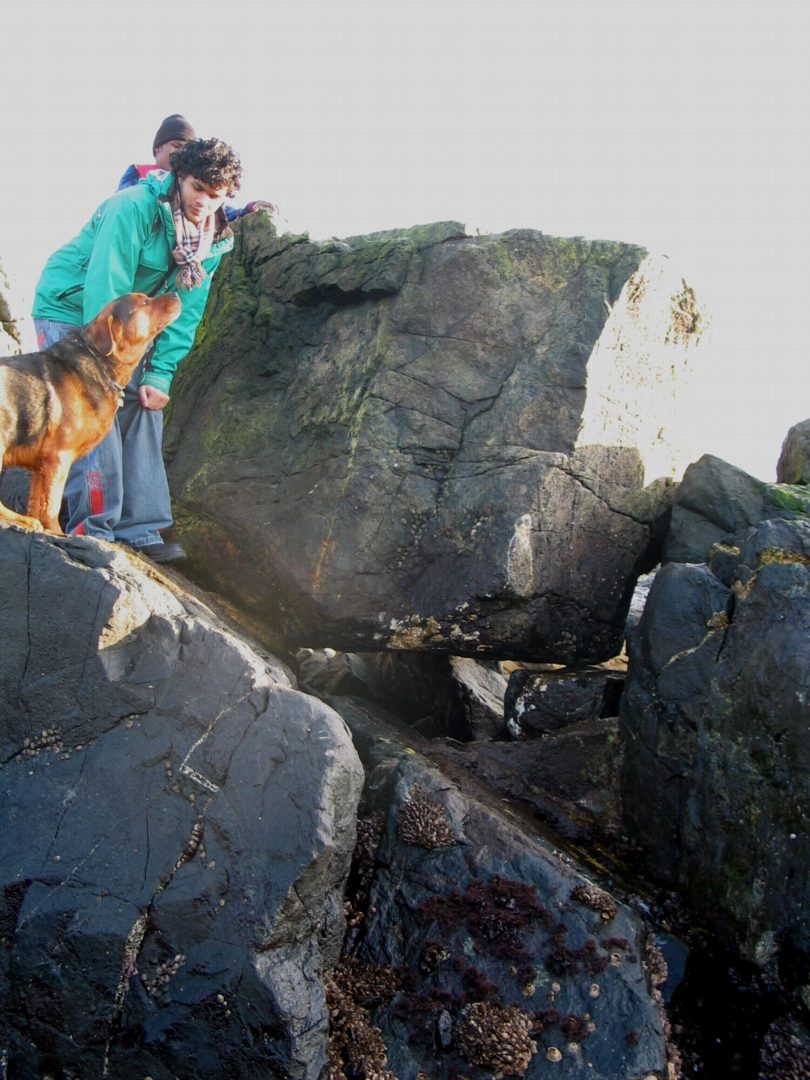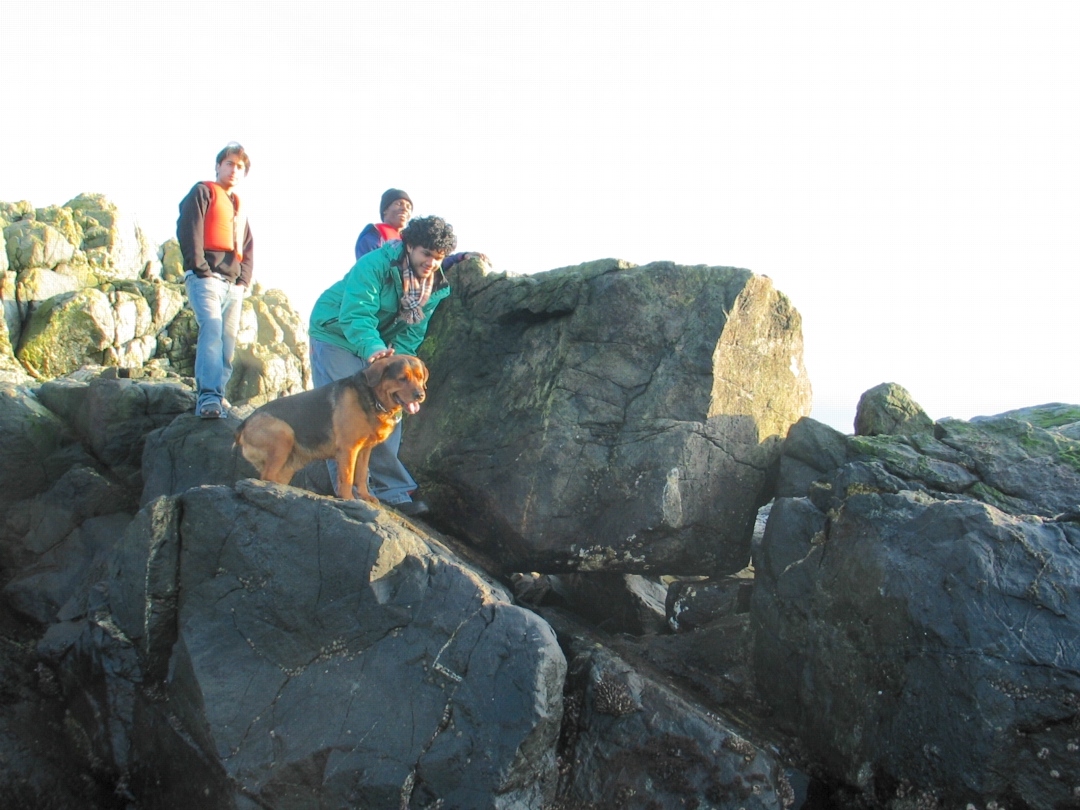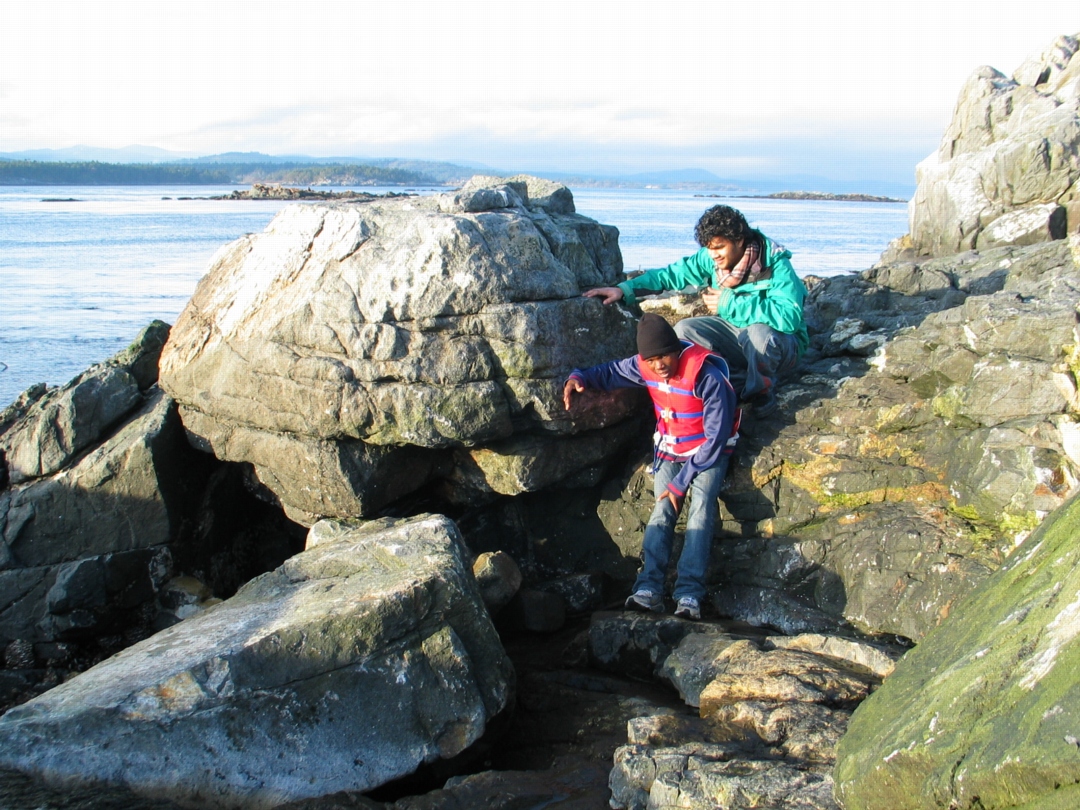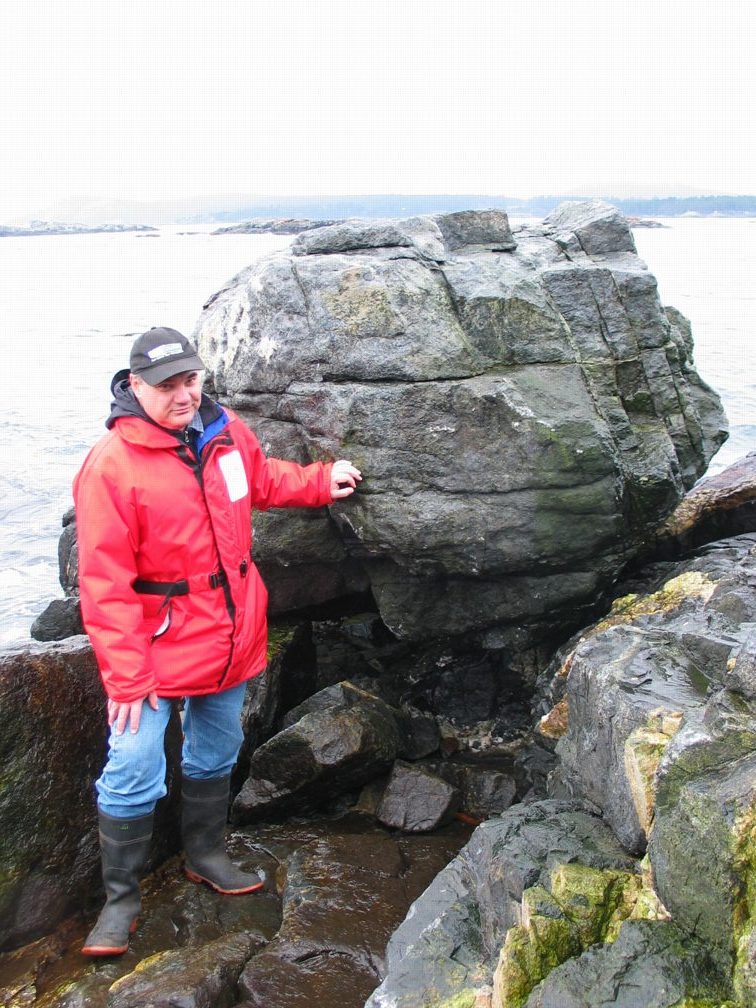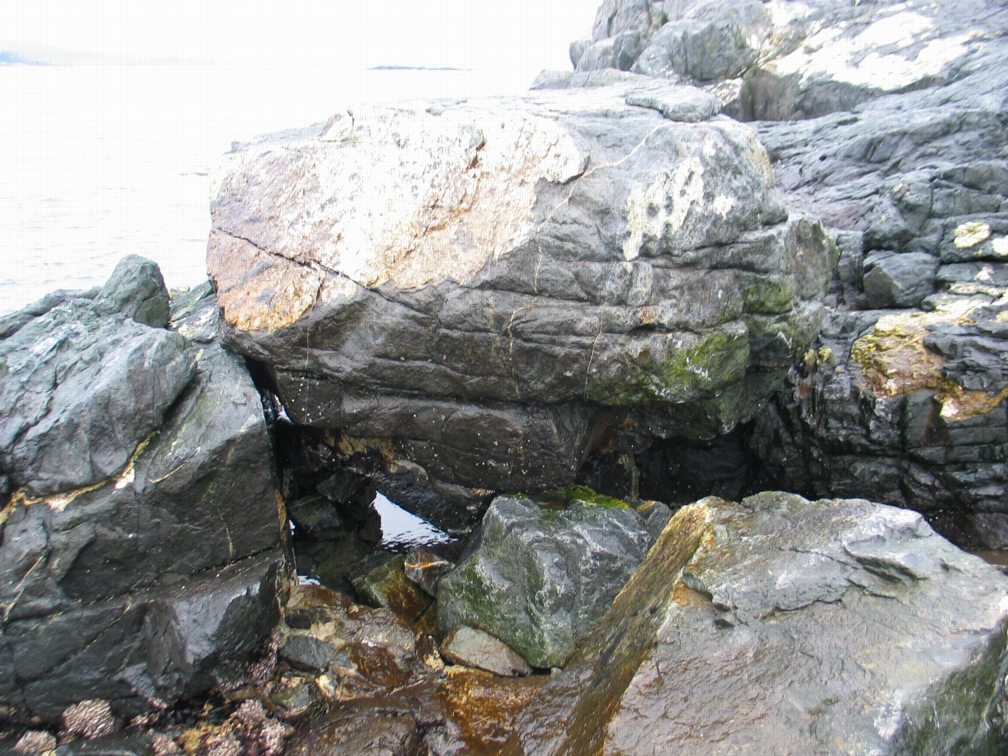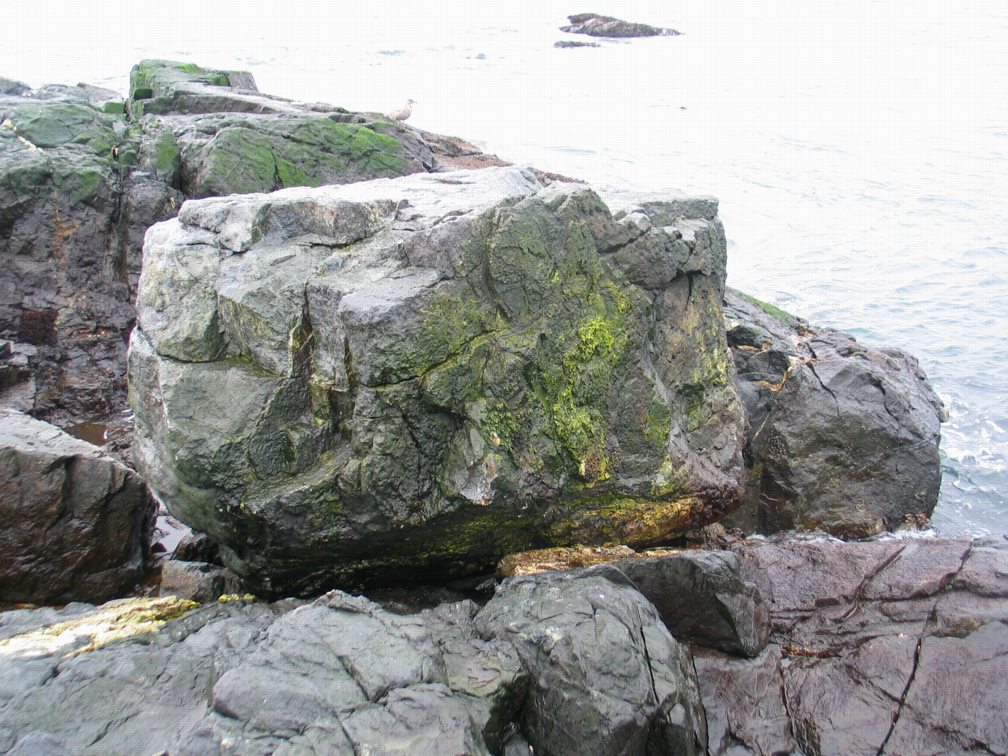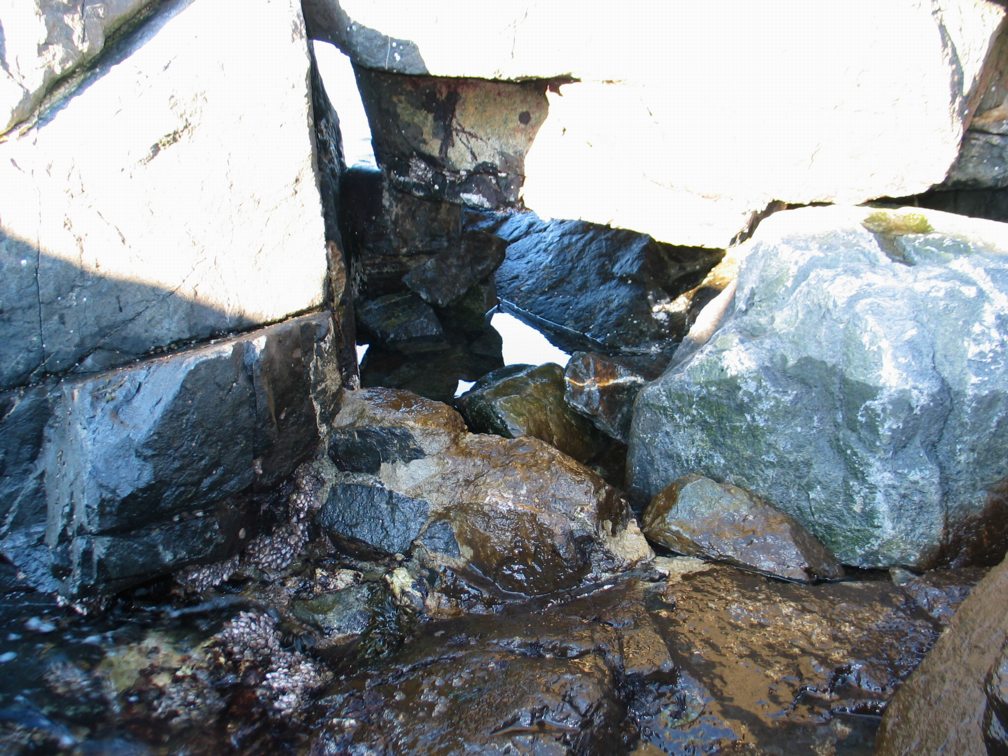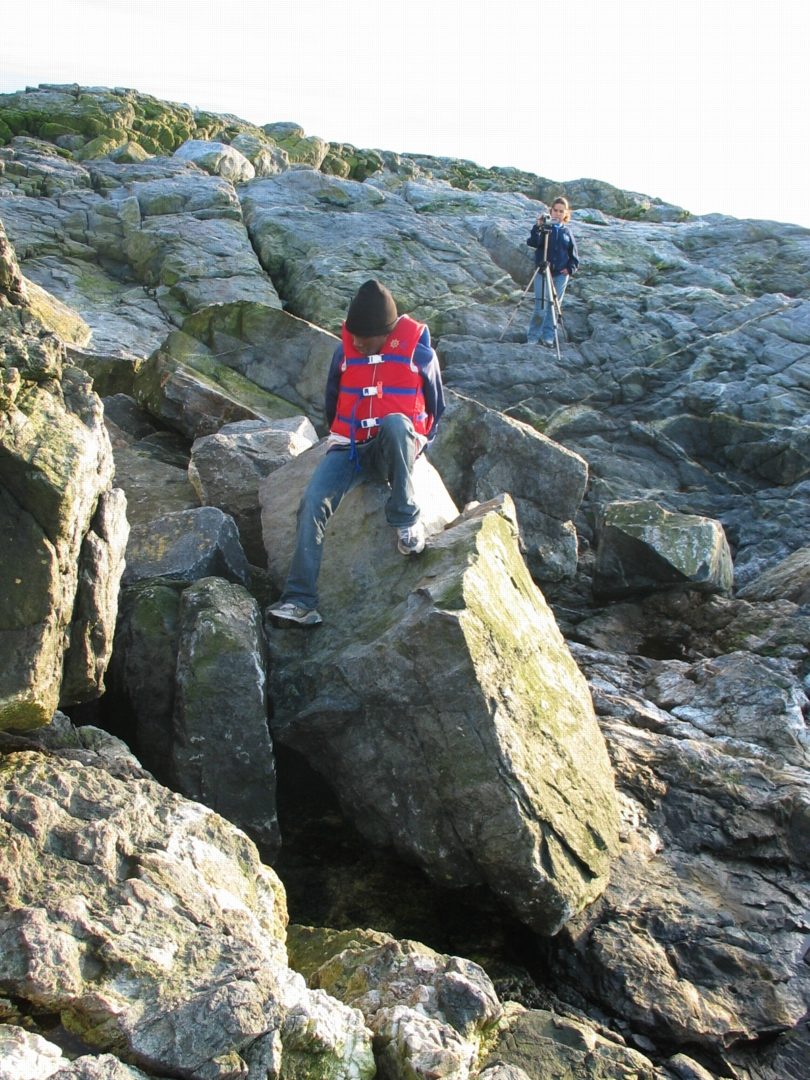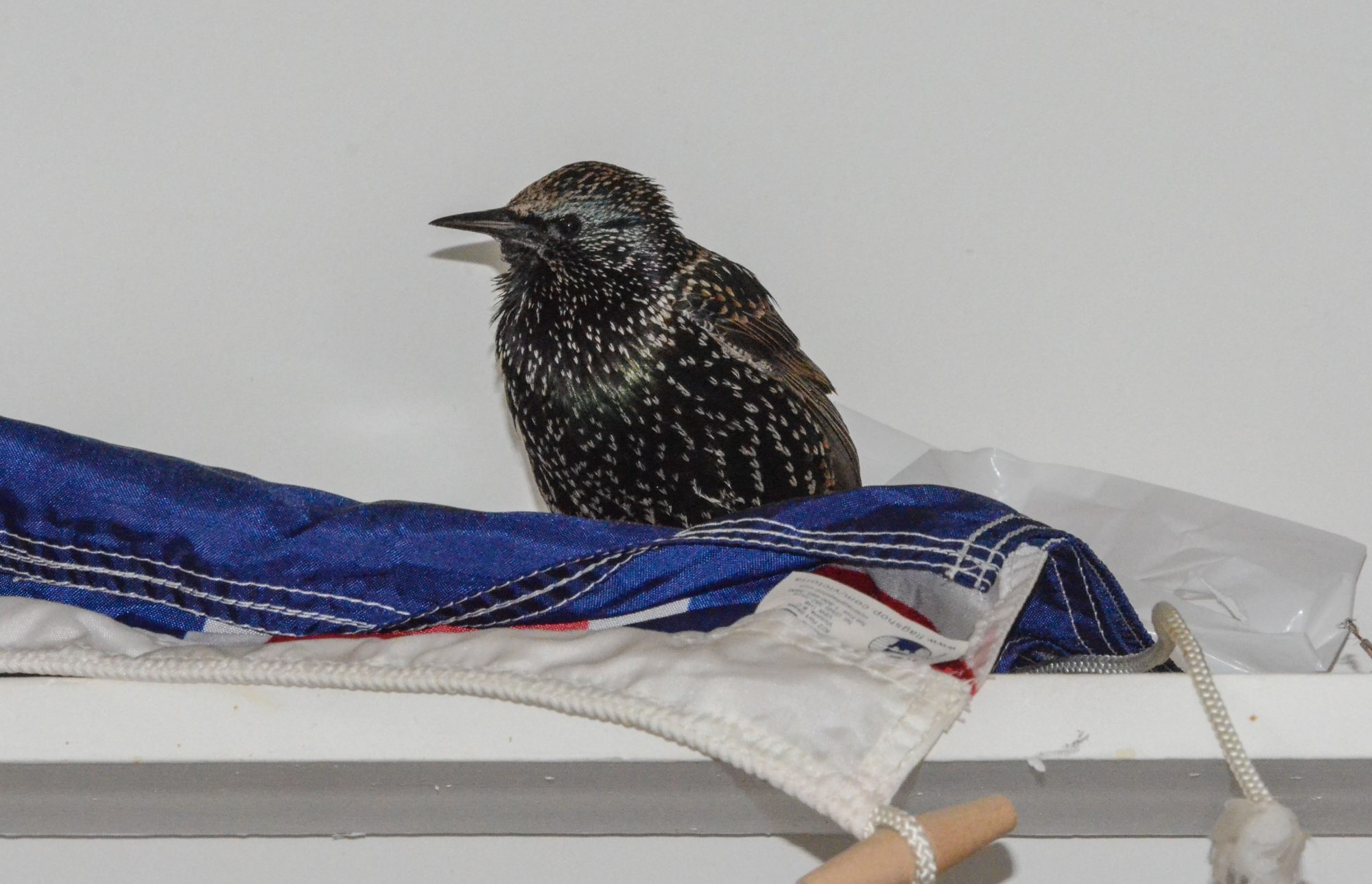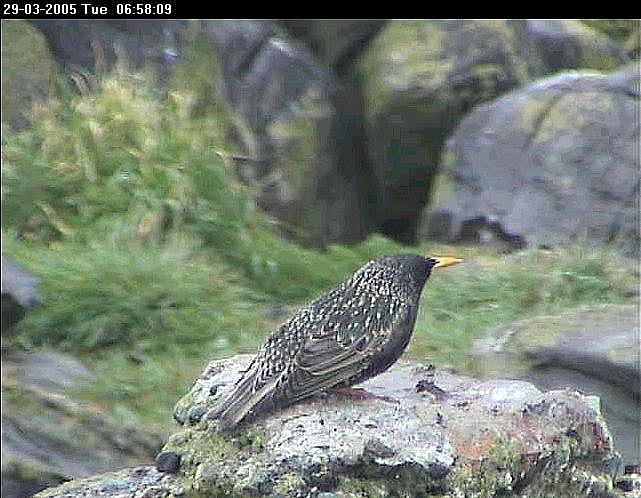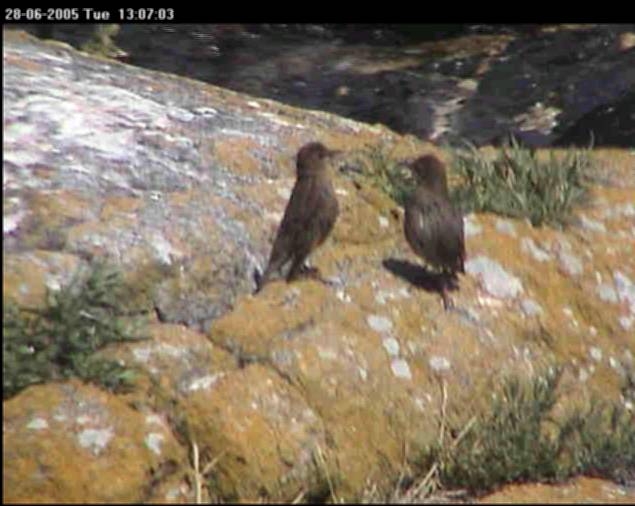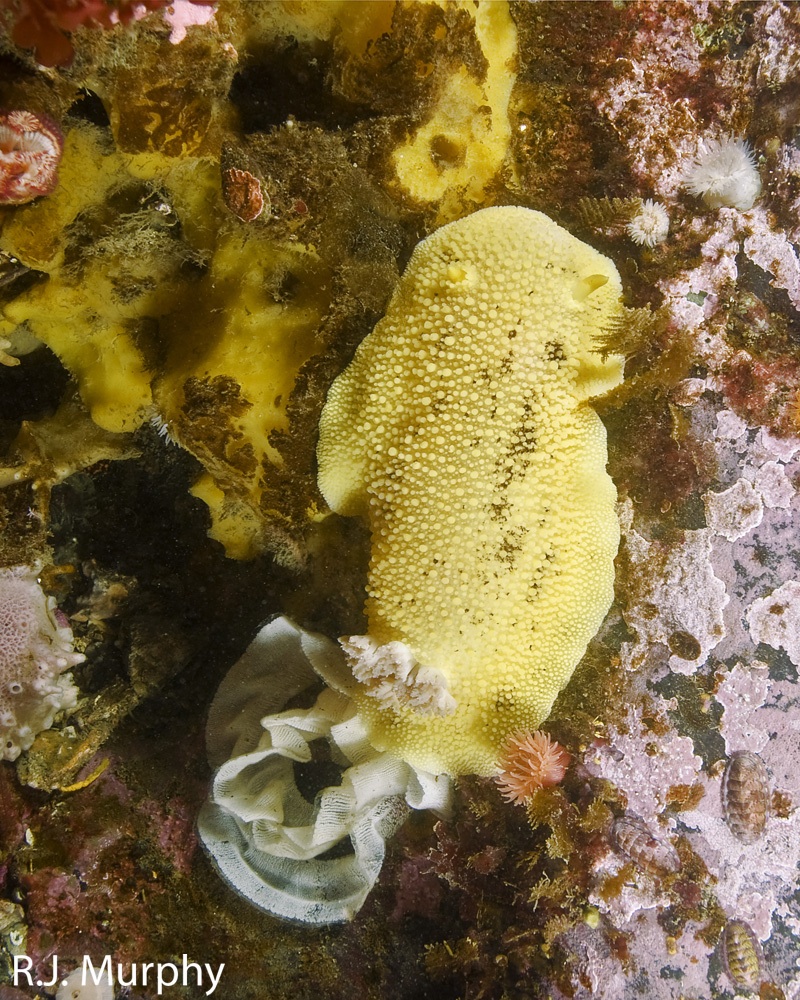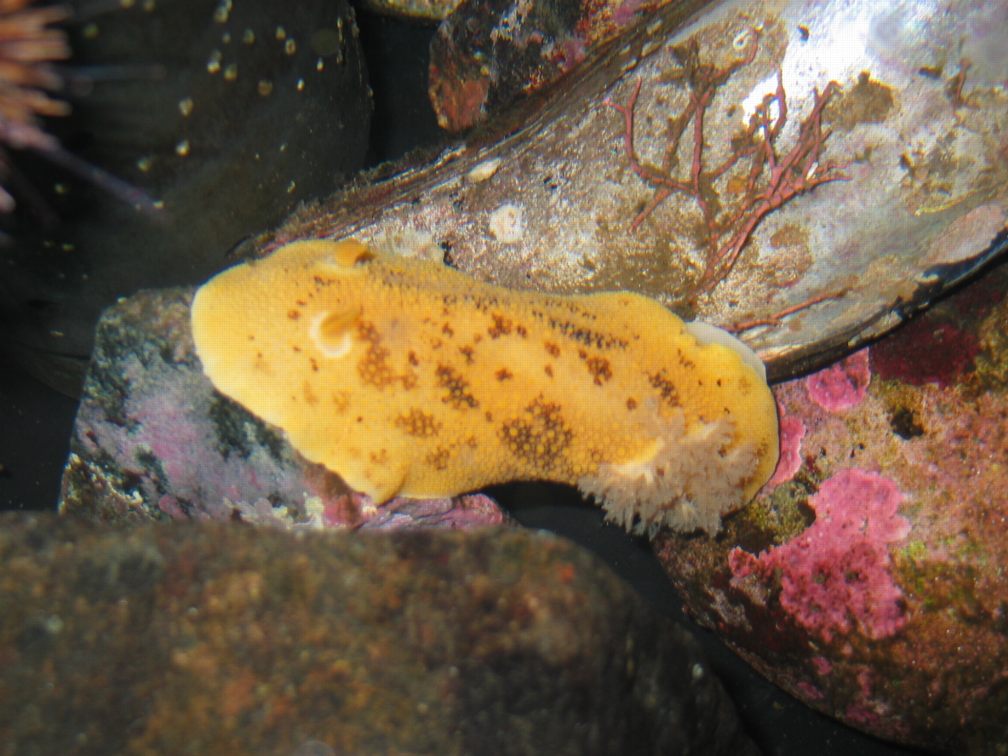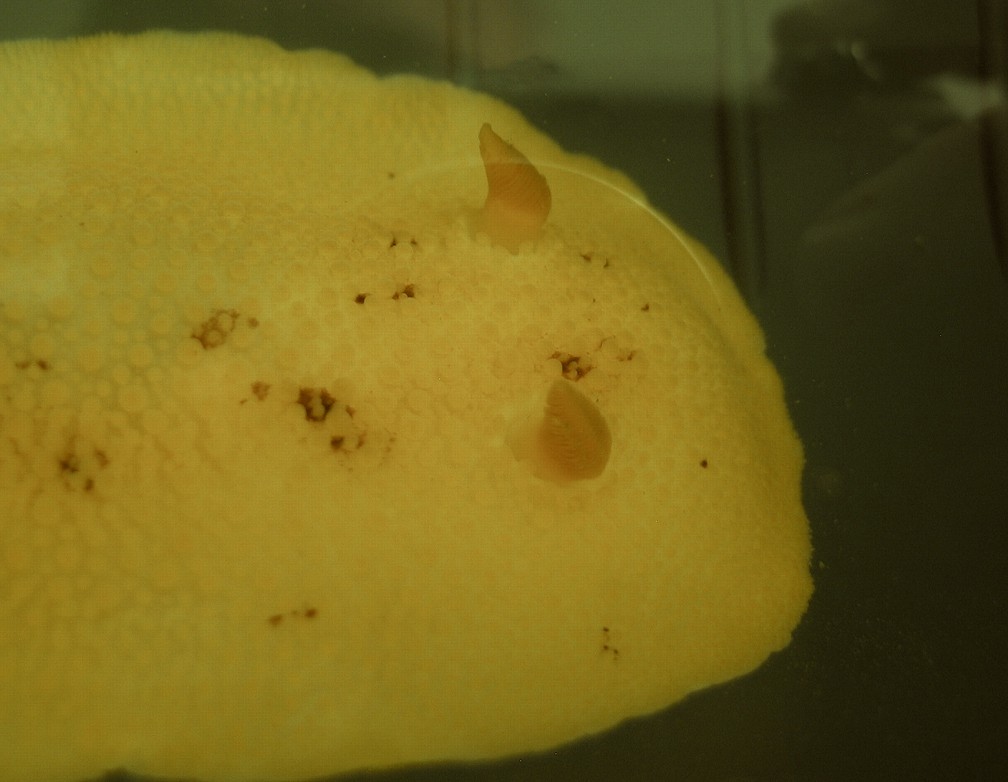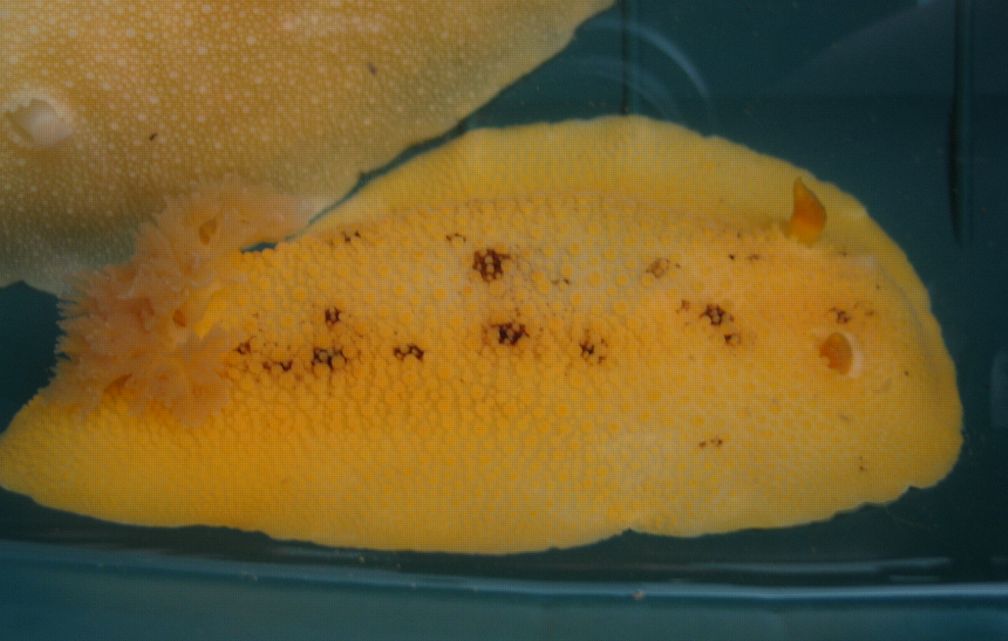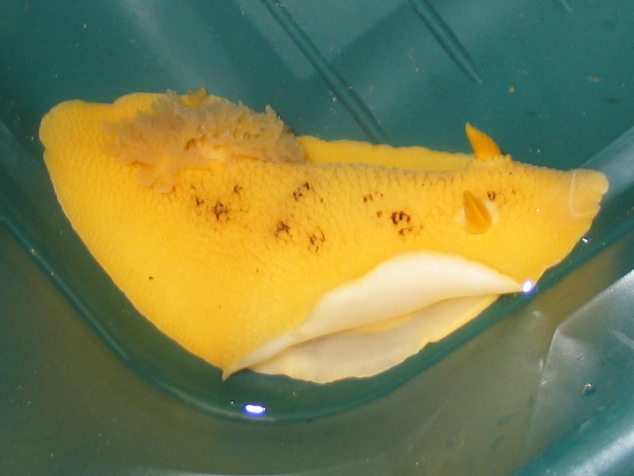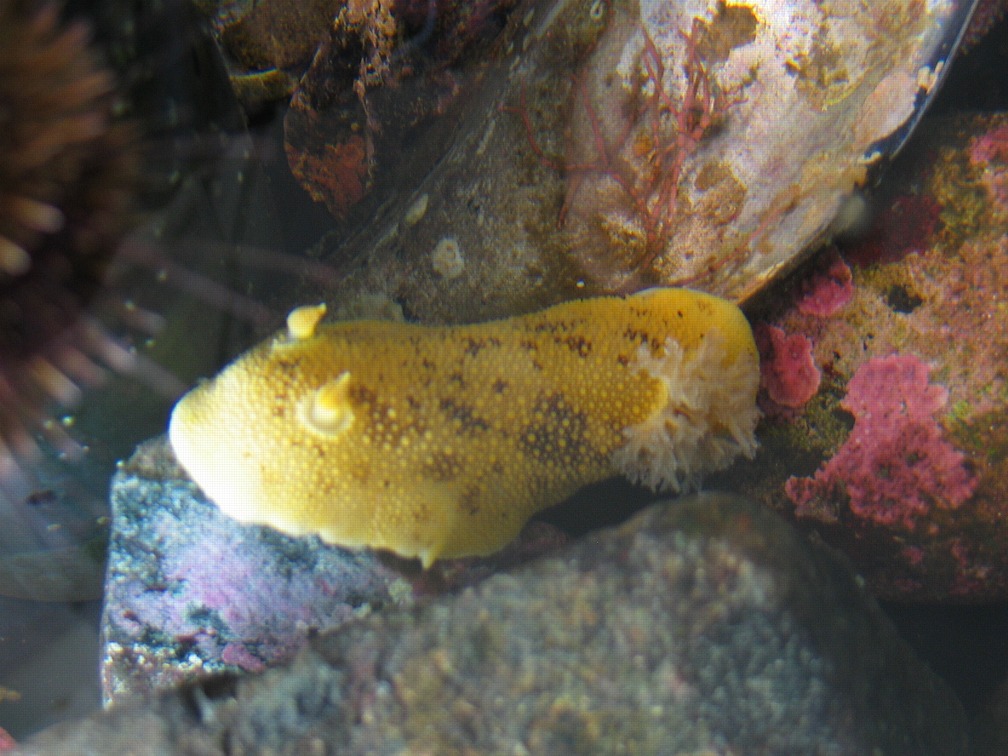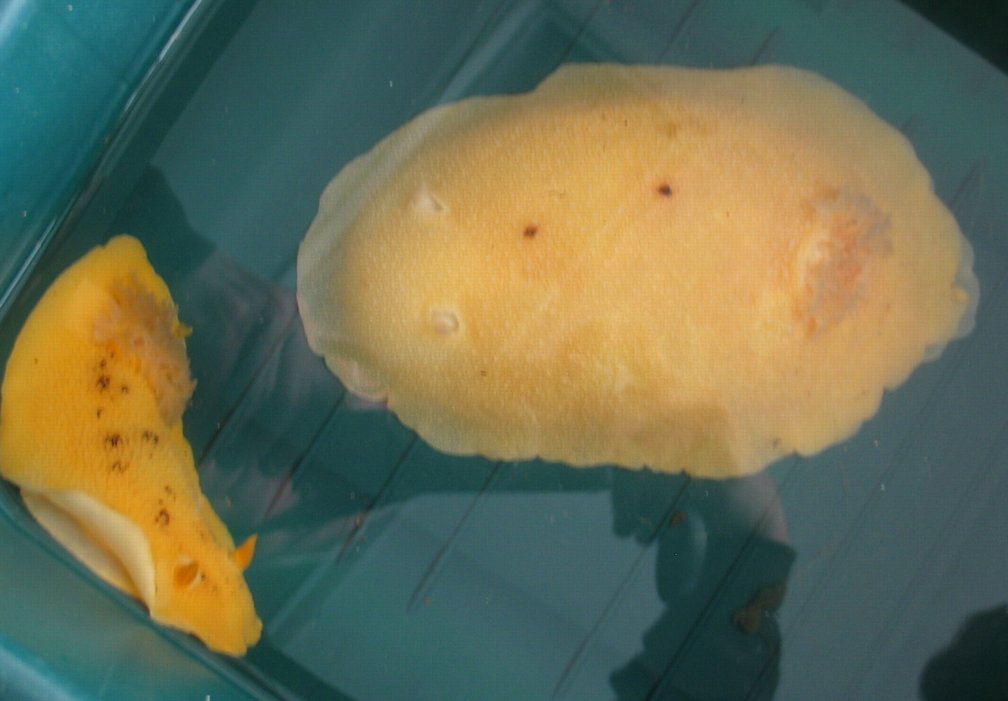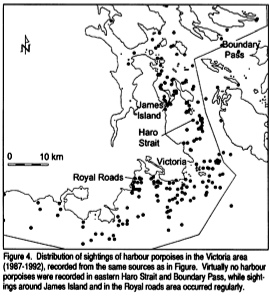Whale lice were removed from the skin of the Gray Whale which was prepared for a skeleton at Lester B. Pearson College. They are currently in the display case beside the mounted whale skeleton.
The lice mainly eat algae that settle on the host’s body. They usually feed off the flaking skin of the whale and frequent wounds or open areas. They cause minor skin damage, which does not lead to illness.
The development of the whale louse is closely connected with the life pattern of whales. The distribution of various lice species reflects migratory patterns.
Domain Eukarya
Kingdom Animalia
Phylum Arthropoda
Subphylum: Crustacea
Class: Malacostraca
Superorder:Peracarida
Order: Amphipoda
Infraorder: Corophiida
Parvorder: Caprellidira
Superfamily: Caprelloidea
Family: Cyamidae
Genus Cyamus
Species kessleri
Common Name: Gray Whale Lice
Reference: from https://journeynorth.org/tm/gwhale/Hitchhikers.html
“Whale lice are another type of whale hitchhiker. Unlike barnacles, lice are true parasites. They feed on gray whale skin and damaged tissue. The lice gather around open wounds or scars. See Photo.
Whale lice may spread from mother whales to their calves during birth, nursing, or other bodily contact. Up to 1000 of these parasites have been found on a single gray whale.
Luckily for the lice-infested whales, other creatures go after the lice. Topsmelt are silvery fish that school in the breeding lagoons. Normally they feed on marine plants, tiny shrimps and other miniscule creatures of the lagoons. But when the whales are around, the topsmelt dine on the whales. How? Schools of these small fish pick at the barnacles and whale lice crusting up a whale’s skin. Topsmelt groom whales in the calving lagoons. By ridding the whales of some of their parasites and old, flaky skin, topsmelt may be helping to cut down the resistance, or drag, that grays create as their huge bodies move through the water. The whales have a smoother ride and the topsmelt groomers get protein-rich food.”
